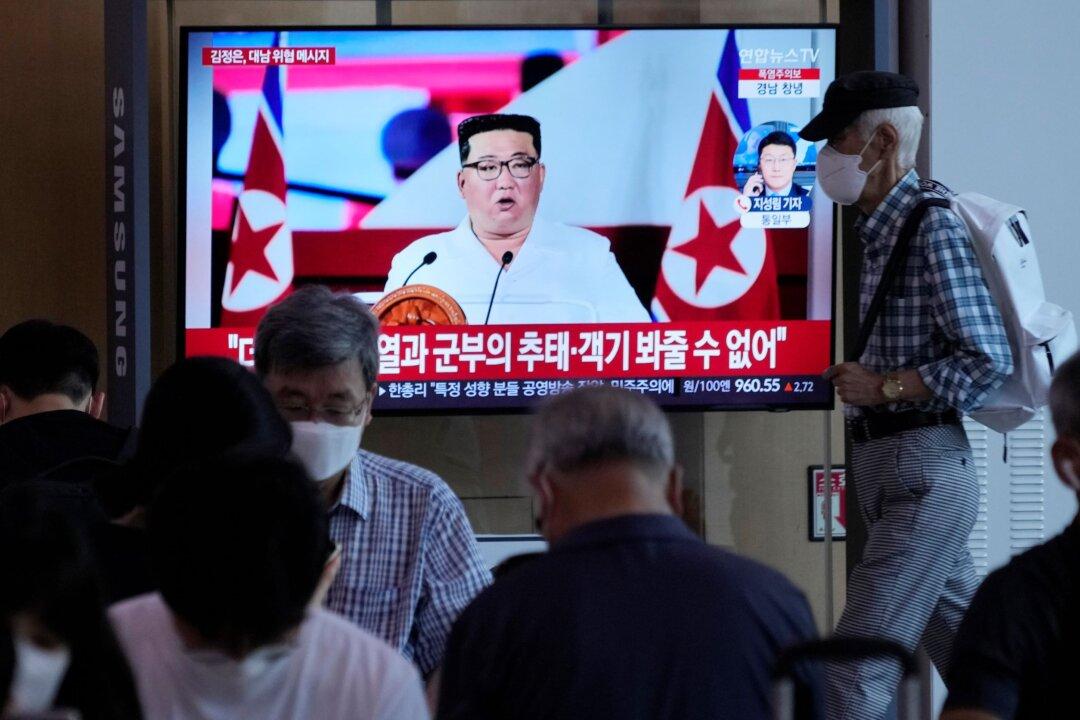North Korea has warned of “unprecedented and strong counteractions” if the United States and South Korea proceed with their planned joint drills, according to the North Korean official mouthpiece on Thursday.
The North’s Foreign Ministry spokesperson accused the United States and South Korea of trying to gain “a long-term military edge” on the Korean Peninsula, the state-run Korean Central News Agency (KCNA) reported.





